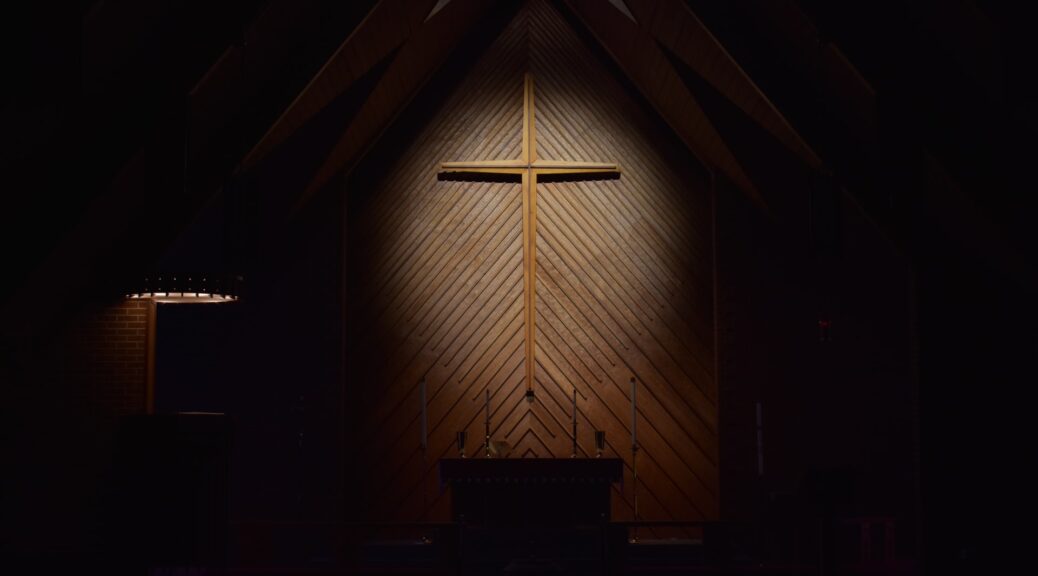Editor’s Note: Article from DEI in Communications class at the University of TN / Chattanooga where I spoke on religious diversity.
As we get older and merge into the world, we are often faced with meeting increasingly more diverse people. It is important to listen to each other with open minds to understand others and how they have lived their lives. Learning and understanding new points of view is the best way to be an active member of a diverse community. Generalizing religious people groups can be dangerous as everyone has different experiences even within the same religion. As Christians, we have different walks of faith and yet, we have had our own experiences in life. The following three testimonies are from college students who identify themselves as members of the Christian faith.
Cole Fischer
Religious diversity is often having to do with different forms of religion and a person’s right to believe whatever they choose to. Personally, at the age of four or five Catholicism was the religion chosen by my parents formed around my adolescence. This was the religion that I practiced due to being exposed only to it. I was taught never to question my religion and to frequently practice. This is something that I began to question over time is that maybe this isn’t the right belief for me. Furthermore, I was only exposed to one religion and told it was the correct one. As I began to age, I began to have certain doubts. For example, personally going to church every Sunday doesn’t make you a good Christian in my opinion. Something as simple as belief in a larger plan and having faith should be the requirements in my opinion. Religion needs to be open to people trying things and figuring out what they truly believe. Having the ability to practice what you believe instead of what is pushed on you can benefit the growth of faith. Religious diversity will continue to become one of the largest discussions in the future.
Sydney Hermann
Growing up, I went to church nearly weekly if not more. I sang in the church choir, attended Sunday morning service with my family, and went to bible study through middle and high school. When I got to college, I didn’t go to Sunday morning service as often and did not attend any bible studies. There was no pressure, however I still felt guilty. This is something that I had to deal with internally. I came to terms with myself that I didn’t need to prove my faith to anyone and that believing and following God was the only important thing. In my life I have seen a lot of “Christians” put others down because of their religion. That is something I do not wish to be a part of. As Christians I believe we are called to love others and respect each other. This goes hand and hand with religious diversity and learning other’s points of view.
Liv Ellis
I have a similar story to Sydney and Cole. I grew up in a home of Christian faith—specifically evangelical…in a religious moment of mega churches and non-denominational teaching. In the present day, religious diversity and tolerance has never been more of a reality, but there is still clear progress to be made when we look outside of our personal bubbles of privilege and safety. That was one of the most eye opening parts of entering college and the young professional world. I don’t speak for Sydney and Cole, but I’m sure they would say similar sentiments as we are all white Christians. An interesting and unexpected phenomenon that I’ve come to know in recent years is something I’d call ‘passive prejudice’ when it comes to Christianity.
Christianity, specifically southern Christianity is one that is made up of such a wide demographic of middle to upper class white folk that it’s created room for people to feel comfortable mocking it. Since Christianity is a predominant religion in the US, people sometimes take it for granted and make harsh comments or jokes, assuming there is no effect. This is still wrong. I’m not saying white Christians in any way face the kind of oppression that other minority religions in America do—-like Muslims or other practicing groups; and I am not ignorant to the genuine hardships they face. I in no way am saying that small mockery or negative light shown on Christianity in the south even remotely equates to the struggles of these minorities. But that is not to say that any level of inappropriate religious commentary is acceptable. A safe space should be had by all members of any religion—-especially in the country founded on a population of people fleeing from a land of religious intolerance.
Photo by Austin Park on Unsplash
- Christianity in 2021 – by Cole Fischer, Sydney Hermann, and Liv Ellis - December 1, 2021

